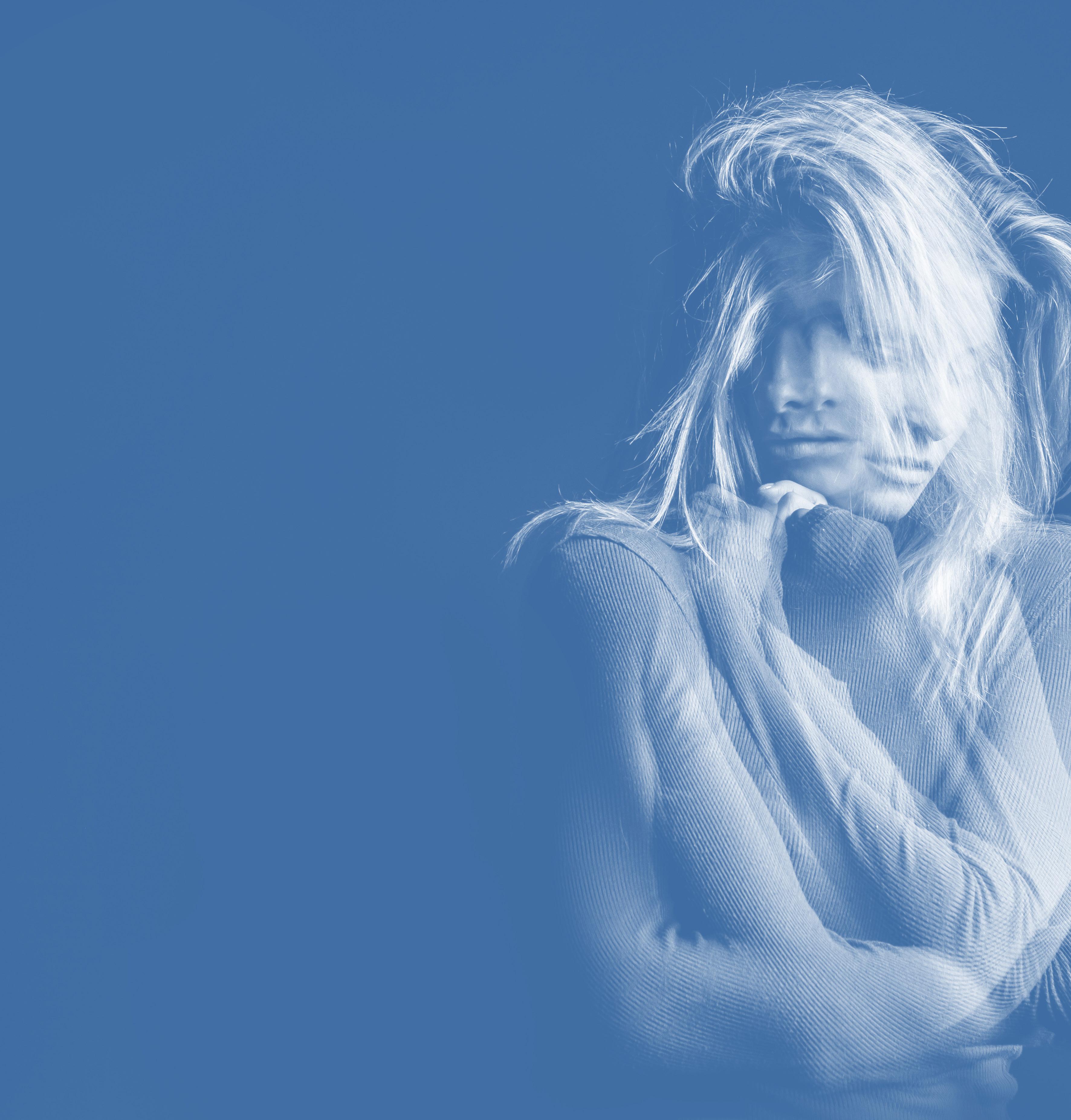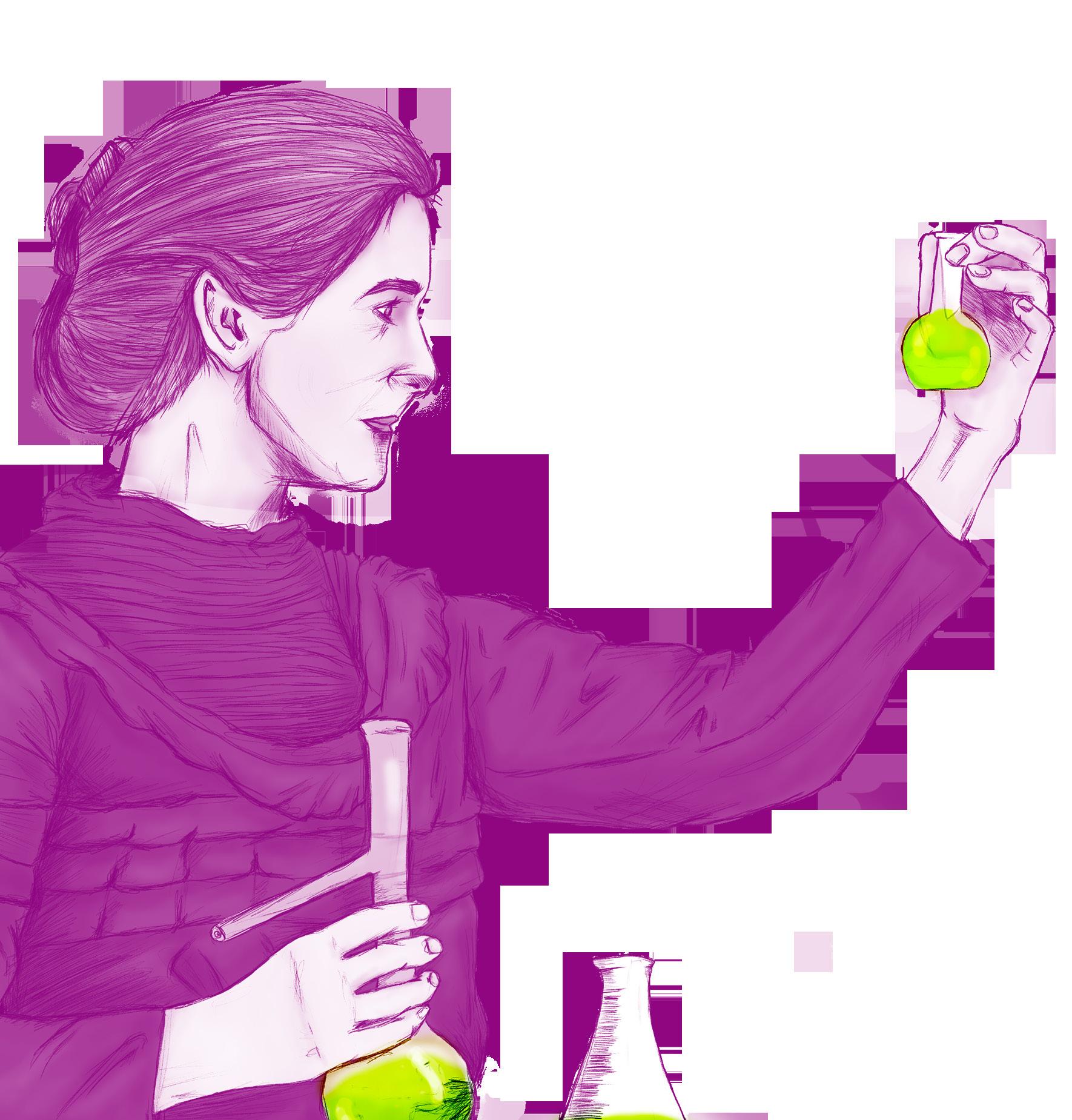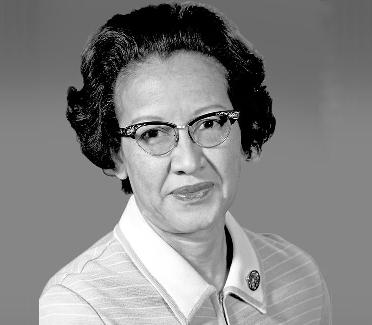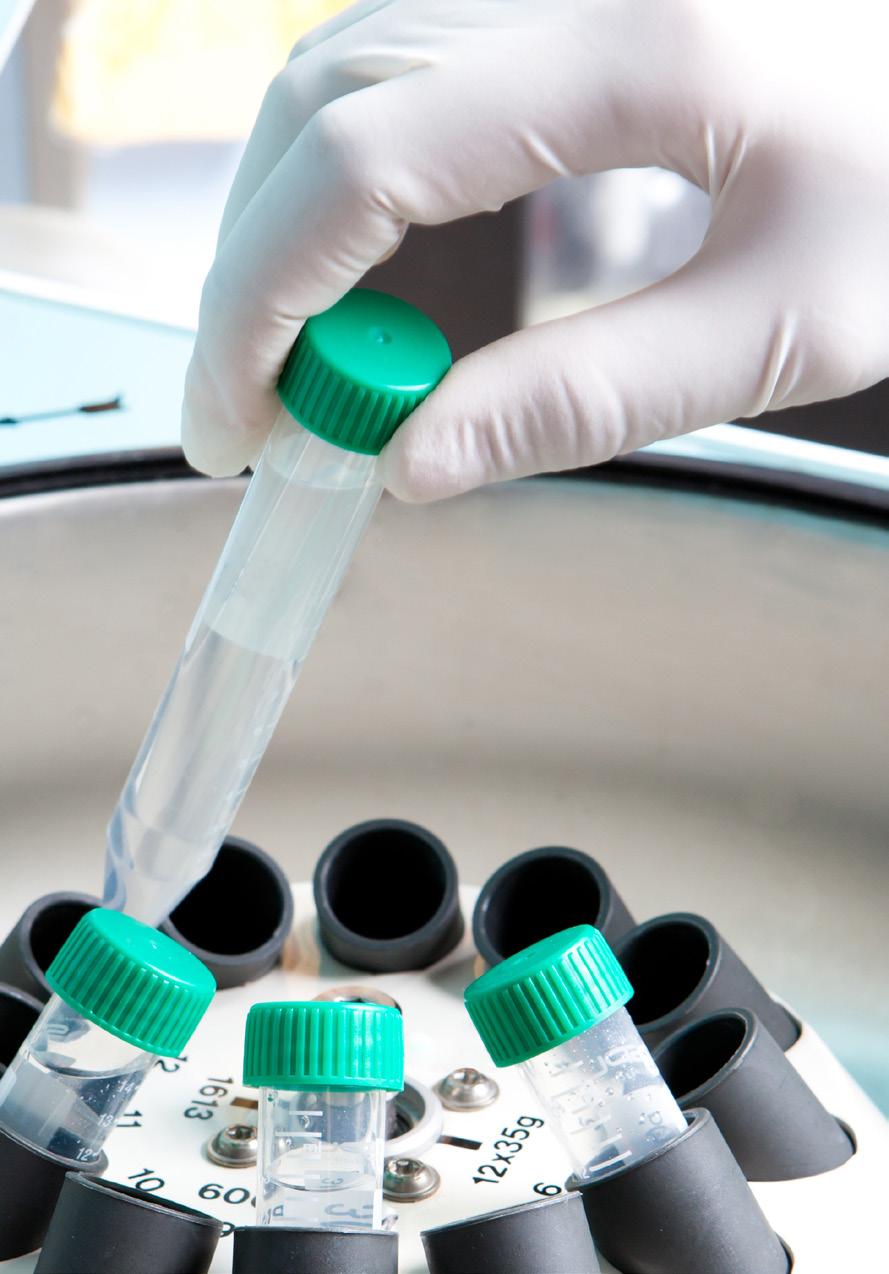
3 minute read
Clinical Research for a New Beginning

Clinical Research for a New Beginning
Advertisement
Dante Alducin
He has 12 years of experience in the Clinical Research Field specialized in onclology, currently is dedicated to boosts enrollment studies on demand trough social networks.
Philippus Aureolus Theophrastus Bombastus von Hohenheim, better known as Paracelsus, was one of the most famous alchemists in history. He also helped to produce a revolution in medicine during the Renaissance. But he lived in a different age, when the general rule was to maintain one’s knowledge in obscurity and complexity, like a personal trophy.
In the course of time, the study of alchemy branched off and developed into some of the various disciplines of modern science. Nowadays we have the scientific method and sophisticated communication networks: as humankind, we have accumulated more knowledge than at any other period in history.


Well, that’s the theory in any case…
Yet today, with the outbreak of COVID-19, some unpleasant facts have emerged: people lack even basic information, such the need for proper handwashing and social distancing. But what is really worrying is the diminished authority that science holds over these issues.
There is an interesting paradox: clinical research is one of the most financially powerful branches of the medical industry and it serves to improve human quality of life day by day, and yet, outside of the club, no one really knows about it. What is more, people are afraid of it. They think it is all about guinea pigs in cages or mad scientists testing mysterious “formulas” as they cackle dementedly. Clinical research is not so different today from what alchemy once was, and all of us involved in it are not so different from Paracelsus: we are generating a silent medical revolution of which people are unaware or afraid. Of course, pop culture and past mistakes in history have a lot to do with it, but it also shows how incapable we are of spreading
the message outside of our own little circle. In fact, science in general has a marketing problem: most scientists are just not very good at explaining to the world how wonderful their work is.
All over the world, schools show little interest in teaching students how to divulge scientific knowledge. As a result, many important things are lost amidst abstractions. Science is viewed with reverence and respect (as alchemy once was), but also with distrust.
This is a complex situation, of course, and difficult to change right here and now, but what can we as individuals do? As I see it, we must be the ambassadors of our expertise, and fortunately people are curious about what we do. Today, it is COVID-19, but it may be anything else later on.
We have an opportunity to do our part: some of the most basic things could actually make a difference in our immediate environment. We have to repudiate myths and falsehoods, to instruct our friends and neighbors in simple but effective methods like proper handwashing, and to be responsible about what we share on social networks. It can all make a difference.
Science requires a deep transformation. Closing the gap between public distrust and real interest will be challenging, but the rewards would be immense: stricter control in public health emergencies, greater trust in clinical research, better ideas, and ―thanks to all of his― a better world in which to live. Only by following this path can science move farther away from alchemy and closer to people everywhere.











